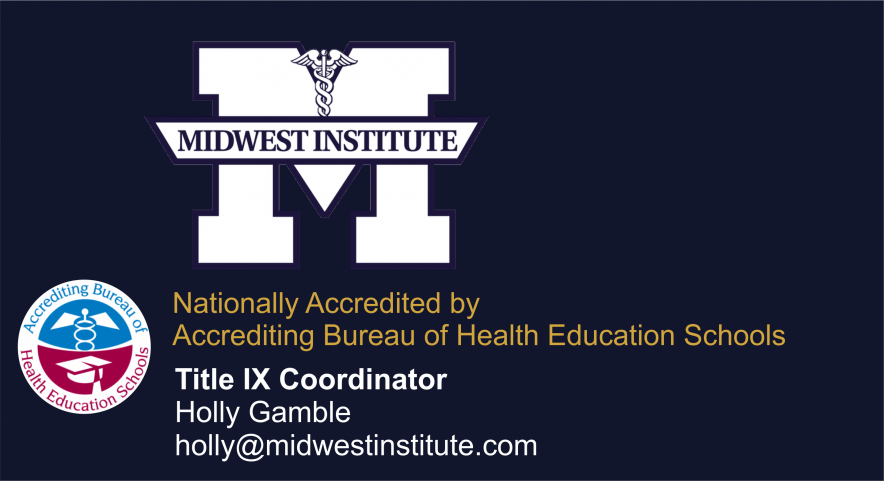We all look for jobs at some point. It’s part of becoming an adult. Maybe you are freshly on the market after graduation or simply looking for a new, more exciting opportunity. In either case, you are probably getting ready to interview for the positions you are interested in. Unfortunately, it is likely you are not the only one applying for the job. There may be hundreds of other applicants competing for the role you want. So, how do you make yourself stand out from the others?
The answer lies, in large part, in your answers – to the interviewer’s questions. No matter what job you are applying for, there are always some basic questions you can expect: Tell me about yourself. Where do you see yourself in five years? What is your greatest strength? What is your main weakness? Why are you a good fit for this position?
While most candidates know these questions are coming, few may come prepared with memorable answers. Hiring managers often hear the same or similar responses over and over – rehearsed, generic replies that could describe almost anyone: I care too much; my biggest weakness is that I’m a perfectionist; in five years, I see myself growing within this company; I’m a hard worker.
If you want to get a leg up on the competition, you should go to the interview prepared with unique, and perhaps even surprising, answers to the most common questions. When the interviewer gets an unexpected answer, you instantly become more memorable. To help you change your approach and start attacking interview preparations from a new perspective, follow the tips below. It’s time to separate yourself from the competition.
Background Questions: Show How You Are Different
Usually the first, and probably most common, question you will hear will be centered around you describing yourself and your experience. It can come in the way of several questions (or invitations):
- What makes you unique?
- What is your work history?
- Tell me about yourself
- What are your skills and qualifications?
These questions help the interviewer get a feel for your abilities and personality. In many cases, the candidate will give their entire life story or explain every bit of experience they have collected, even when it’s irrelevant. Your goal with this question is to be honest and explain your value by noting what you will bring to the team if hired. Keep your answer work-related, give examples and tell the hiring manager why you are qualified for the job and how you are different from the other candidates.
Simply reviewing what is on your resume and saying you are ready to work hard will not help you make a connection or seem like a stand out. To start, tell the employer why you are interested in the job or how you got into that field. They will be more interested in hearing why you are so hard working rather than just that you are.
Experience Questions: How to Relate to a Potential New Employer
Experience questions may come in different forms, but they are important to an employer because they give a sense of how you handle different situations, as well as your approach to your job. These may include any variety of the following invitations:
- Describe a time you faced a challenge and how you overcame it
- Tell me about a time when you took initiative
- Explain a situation where you had a conflict with a coworker and how you handled it
When preparing responses for these types of topics, try to focus on examples that convey a certain skill that would be relevant to the job you are interviewing for. Don’t just say something like, “I faced difficult challenges in my last role, but I just tried really hard and got through it.”
Instead, focus on your out-of-the-box thinking that got you to a solution no one thought of; or your goal-oriented focus and unselfish collaborative approach that took the best ideas from everyone on the team to get to the most efficient resolution.
Personality Questions: Describe Your Skills in an Original Way
Interviewers ask personality questions to figure out where you could be the most useful and how you think. These questions may include:
- What motivates you?
- What is your greatest strength/weakness?
- How do you deal with stress?
- Are you comfortable working on a team?
- How do people describe you?
- What’s your ideal work environment?
The best thing you can do when answering these types of questions is bring a real-life example or story into the mix. Rather than just saying “I’m a team player” or “I just try to stay positive when I’m stressed,” give an actual situation in which you succeeded on a team or had to work under pressure – and include the positive outcome you achieved.
For example, maybe you were put on a team with someone who refused to listen to other ideas because he thought his were always the best. You had to work together to create a proposal for a client that would save them money, yet maximize their revenue. While in the beginning it was a struggle because that coworker shot down every idea anyone else had, you were able to come to a solution by seeing things from his perspective and suggesting ideas that inspired him to develop them as if they were his own. You changed your approach to teamwork so everyone was happy in the end – and you even helped the client raise profits by 75 percent.
When discussing weaknesses, the old practice was to pick a strength and present it as a weakness. This comes off as a canned, insincere answer. Employers are usually looking for someone who can accept and recognize their own weaknesses because it means they know where they need to improve. Simply tell the truth. Share a real weakness you have and explain how you have been working to improve it and the great strides you have made in those efforts.
Overall Best Practices for Setting Yourself Apart in an Interview
Setting yourself apart from other candidates is critical in an interview. Those who aren’t unique or memorable will likely not get a callback. Along with being original with your answers, remember the following general best practices for interviewing:
- Prepare your answers and stories to tell before meeting
- Be yourself, be honest
- Show how you can meet their needs
- Examples, examples, examples
- Prove your value by helping them understand what you offer
- Differentiate yourself with unique answers and questions of your own
In any interview, your number one goal should be to prove why you are the best candidate for the job. Take advantage of your own unique experiences and use them to explain the qualities that you will bring to the role. If you prepare stories and examples that convey you have all of the skills necessary to rock that position, employers will take note – and it may improve your chances of securing that job.
RESOURCES
- http://www.careerealism.com/job-interview-unique/
- http://www.businessnewsdaily.com/7876-best-job-interview-answers.html
- https://collegegrad.com/jobsearch/mastering-the-interview/ten-tough-interview-questions-and-ten-great-answers
- https://www.themuse.com/advice/4-supercommon-interview-questionsand-4-supermemorable-ways-to-answer-them
- https://www.glassdoor.com/blog/give-original-answers-7-clich-interview-questions/
- https://www.job-hunt.org/job_interviews/smart-interview-answers.shtml




